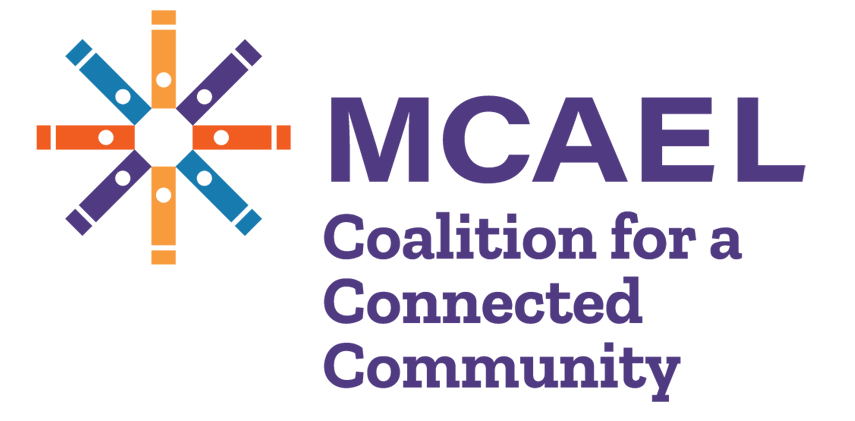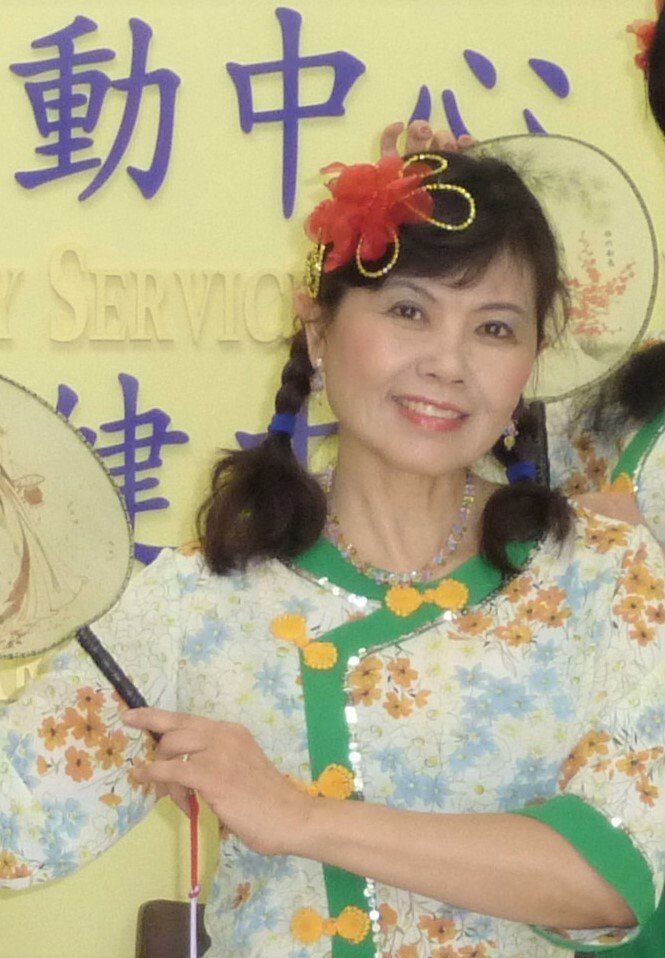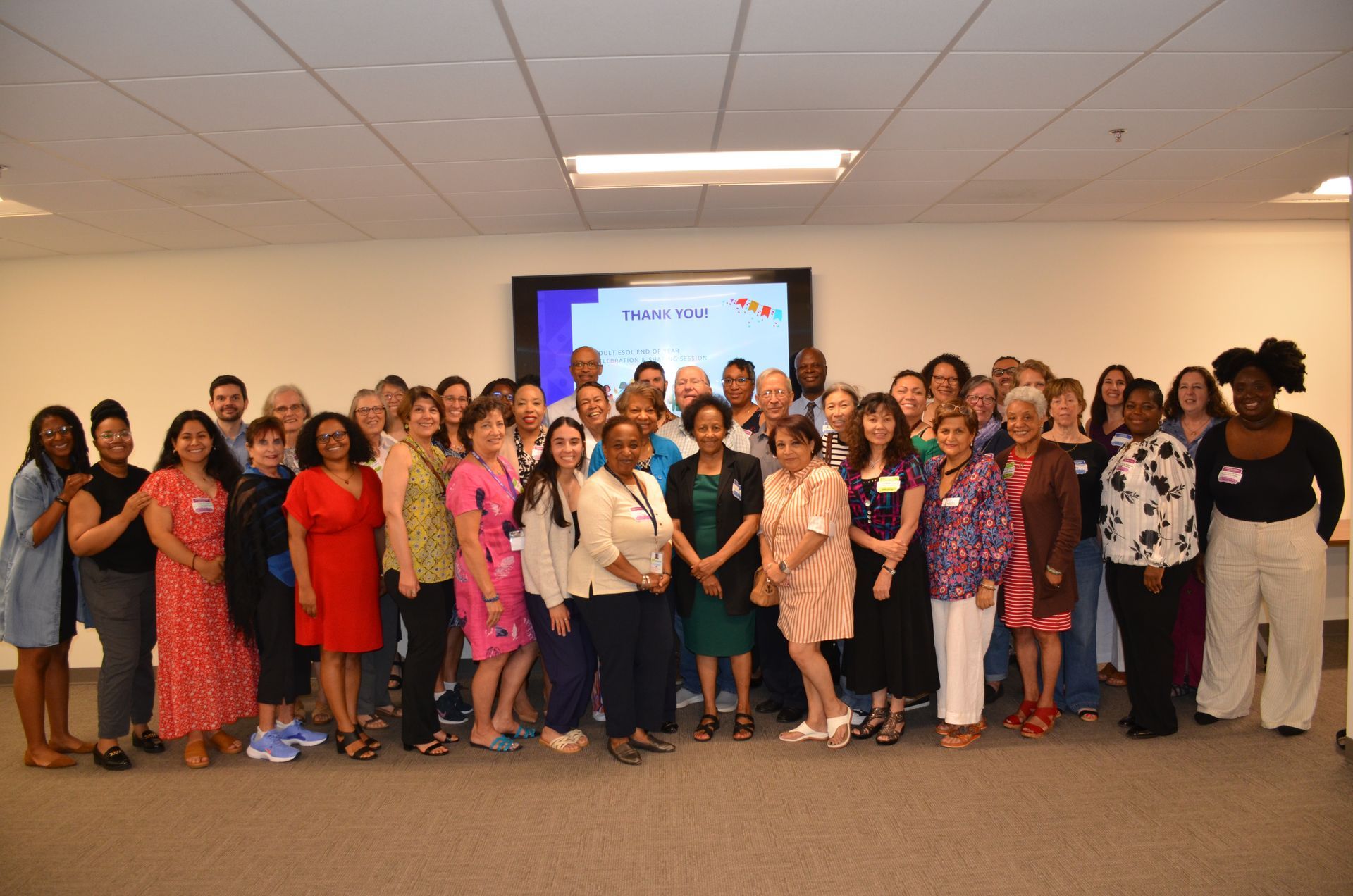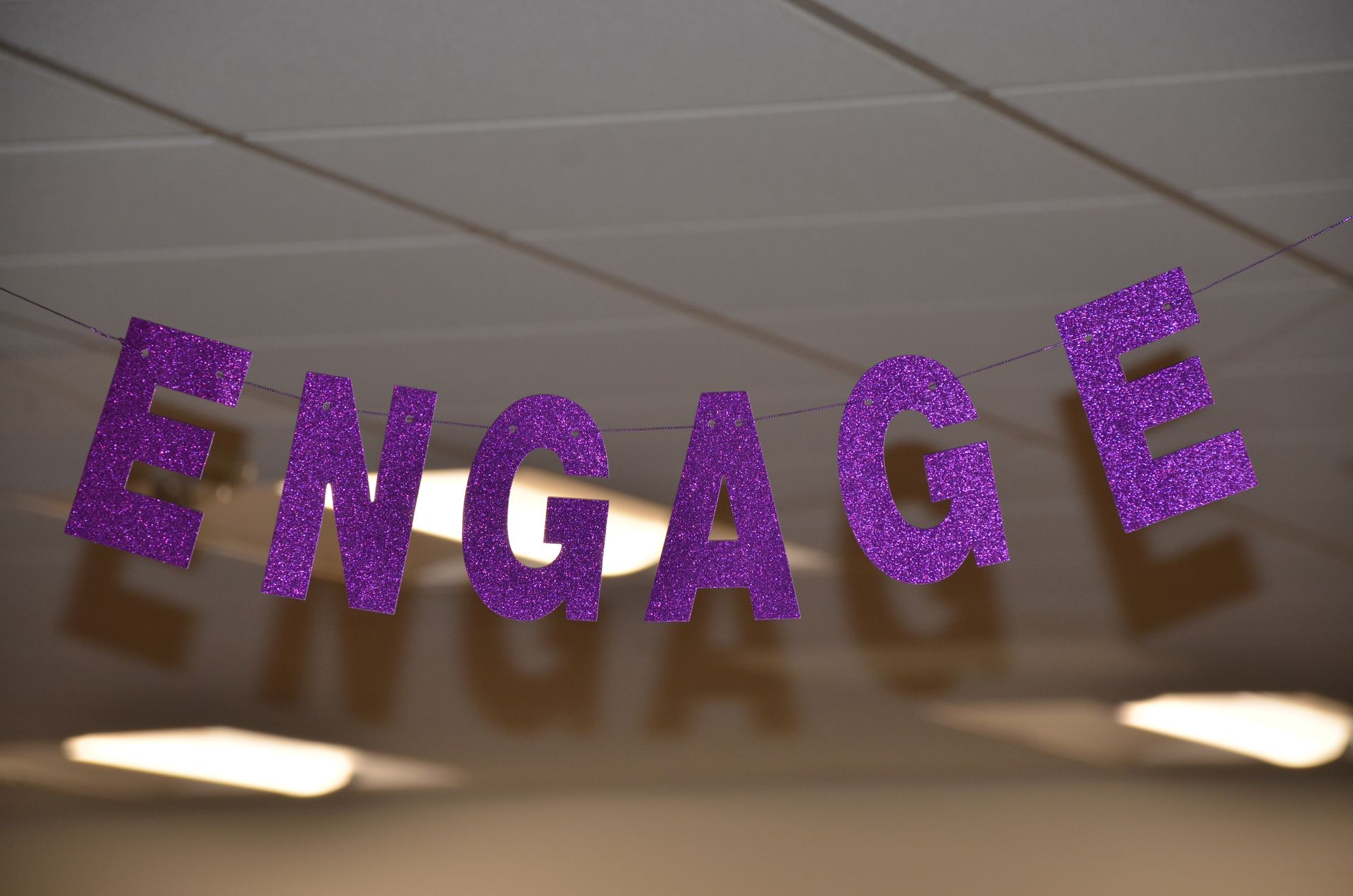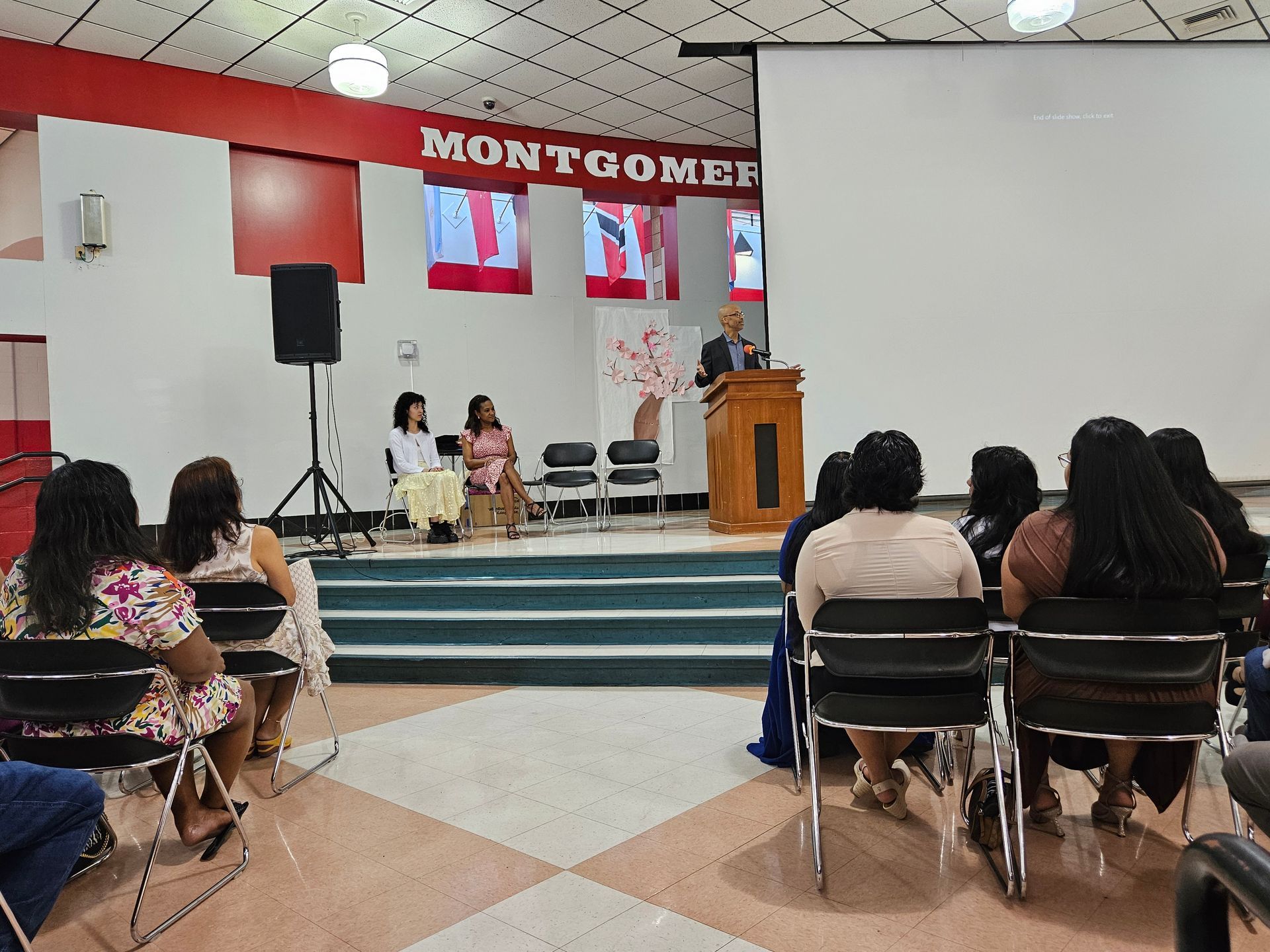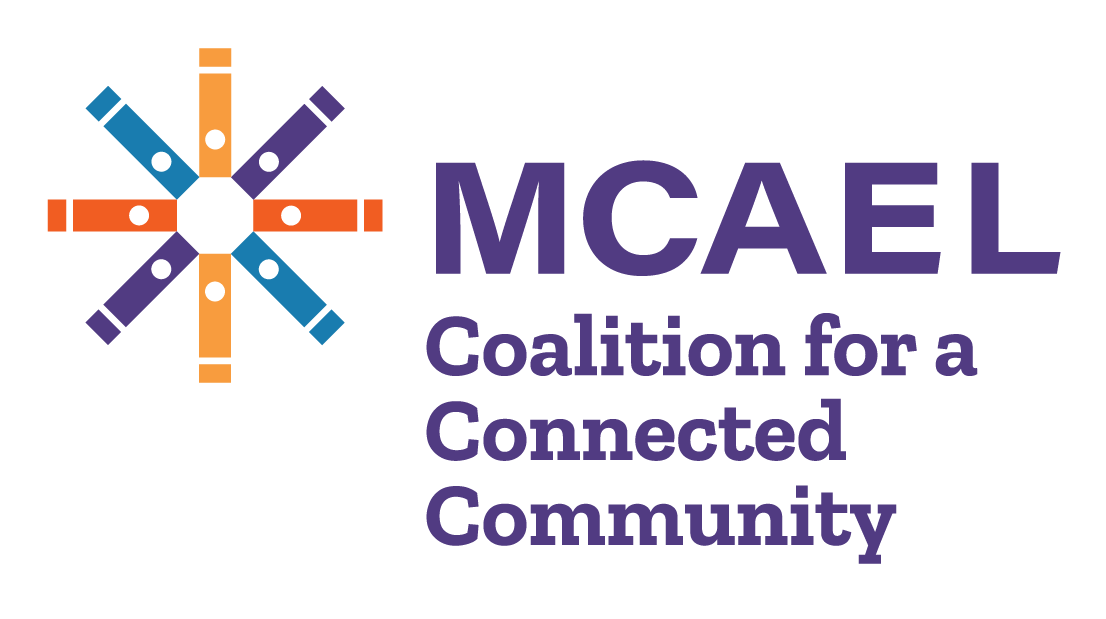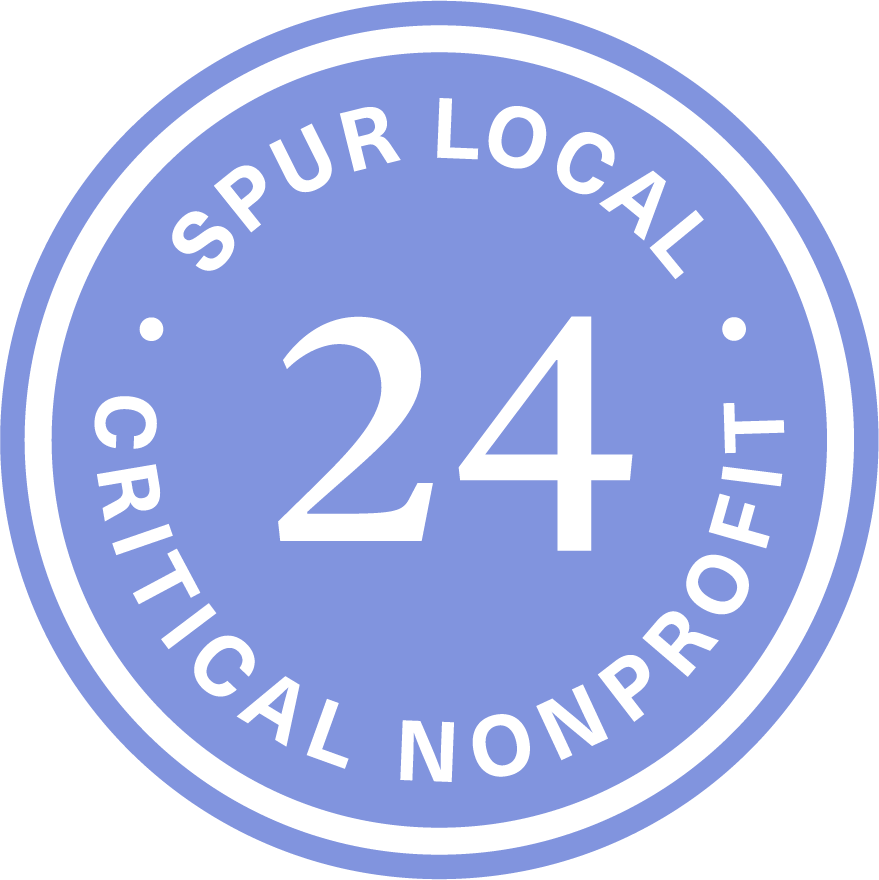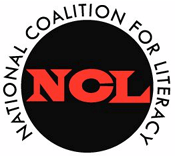Tell us a little bit about yourself and what has inspired you to be a teacher?
My father was an English professor; English was my major in college; it all seems to me that I was meant to be an English teacher. After being in IT field for many years, I am glad I came back to the education field, being an ESOL teacher is my destiny.
What are the biggest challenges you face as an ESOL teacher?
Being an ESOL teacher to teach adult learners is very different from teaching middle school students. Generally speaking, adult learners are more willing to take the time and effort to learn English, but they need more encouragement.
What has teaching remotely during a global pandemic taught you?
Our ESOL program had to stop in early March of 2020 due to COVID-19. At that time, we did not have any experience in “Distance Learning”. Then thanks to Zoom; we learn to use Zoom and all of our ESOL programs were back on schedule by April of 2020 until now, and going stronger.
What advice would you give to a new ESOL teacher or volunteer?
Passion and preparation are the key. Keep your passion in teaching, your students can feel that even remotely. Teaching remotely is very different from teaching in-person. The more preparation one has the better, easier, interesting and fun it will be to teach.
What have been your favorite pastimes during COVID-19?
Listening to music and learning Chinese folk dance through Zoom have always been my favorite pastimes. During COVID-19, I enjoy researching and preparing ESOL class online and have learned a lot about designing games for students, such as crossword puzzle, Bingo, Kahoot, etc. They are so much fun.
What do you find most rewarding about your work?
Since I am teaching the adult learners, besides helping them in learning English, we have established friendship. I am glad that I have made many good friends.
What is something you learned about your students during this remote teaching period?
There is a Chinese proverb saying, “Learning while teaching”. Since my adult students were immigrants, even though they are not very good at English, but some of them were top on their fields. I found out one student was a musician, a great singer and a pianist. Another one is an artist, he even has his own art studio. One student is a Taichi master. I am learning more from my ESOL students.
